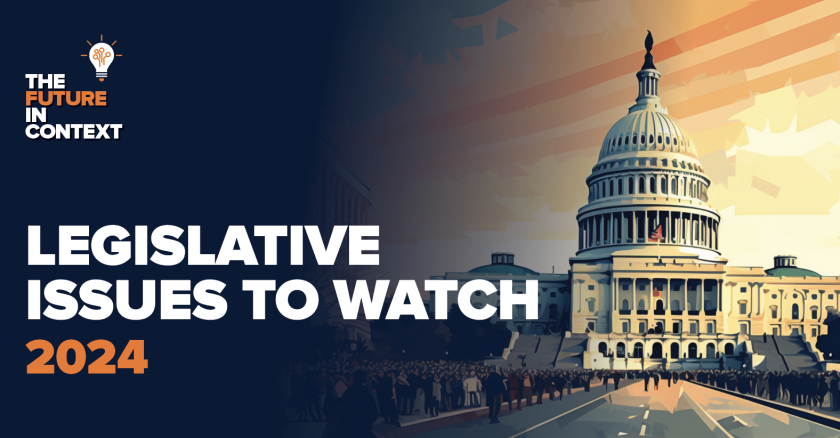Governments have the unenviable task of coming to terms with the promise and pitfalls of generative AI through the strictures of public policy. On this cover story episode of the podcast, the writers and editors from our sister publication, Government Technology, take us into the three-story package on a policy-driven approach to AI describe a growing body of work that points the path to the future.
Show Notes
Here are the top 10 takeaways from this episode:
- AI Guardrails: Policymakers start from the position that it is a necessity to establish guardrails for the safe and ethical use of AI in government policies.
- Safety and Privacy: The cover story emphasizes the importance of ensuring AI systems are used safely, protecting individual privacy rights and minimizing biases in decision-making processes.
- Jurisdictional Innovations: The three-story package on AI in the issue highlights a number of jurisdictions, including New Jersey, Utah and Santa Cruz County, Calif., for their innovative approaches to AI governance.
- Federal Regulations: The guests discuss the executive order from President Biden and state-level frameworks as part of the evolving framework of AI regulations in government.
- Human-Centered Policies: The package points to the significance of developing human-centered policies that prioritize the well-being and rights of individuals affected by AI technologies.
- Data Governance: Each of the three stories helps to unpack the crucial role of data governance in ensuring the quality, accuracy and ethical use of data powering AI systems.
- Vendor Selection: Government cannot do AI alone but it needs to have internal competence to select AI vendors as essential components of responsible AI adoption in government.
- Policymaker Collaboration: Getting AI right requires policymakers, data experts and other constituents to work together to shape responsible AI policies and regulations.
- Technology Education: MIT’s efforts to introduce AI education stand as an early exemplar of curriculum development in preparing the next-generation workforce.
- Digital Transformation: Columns in the issue address broader themes such as transparency in AI systems, and the persistent need for human copilots in digital transformation of government services.
Related Links to stories referenced in the episode:
- Adam Stone, How Should Government Guide the Use of Generative AI?
- Julia Edinger, Where to Start With AI? Cities and States Offer Use Cases
- Nikki Davidson, A Good AI Program Must Start With Good Data
- Ben Miller, Making AI Work for Government: It All Comes Down to Trust
- Noelle Knell, MIT Program Fosters Early AI Education for Future Workforce
- Paul W. Taylor, Online Government Services Need a 'Human Copilot'
Previous Episodes
-
Future in ContextMental health, climate and workforce are at the core of a complex cluster of issues confronting lawmakers this year.
-
Future in ContextA discussion about the near future and the legislative issues to keep an eye on this year. Technology, budget and transportation top the list.
-
Future in ContextNew and growing GovTech100 companies are likely to have an outsized role in making government better. Many now come with deep pockets thanks to investments from private equity.
-
Future in ContextA recap of 2023's pivotal trends in gov tech: transportation transitions, cybersecurity challenges and strides in digital inclusivity.














